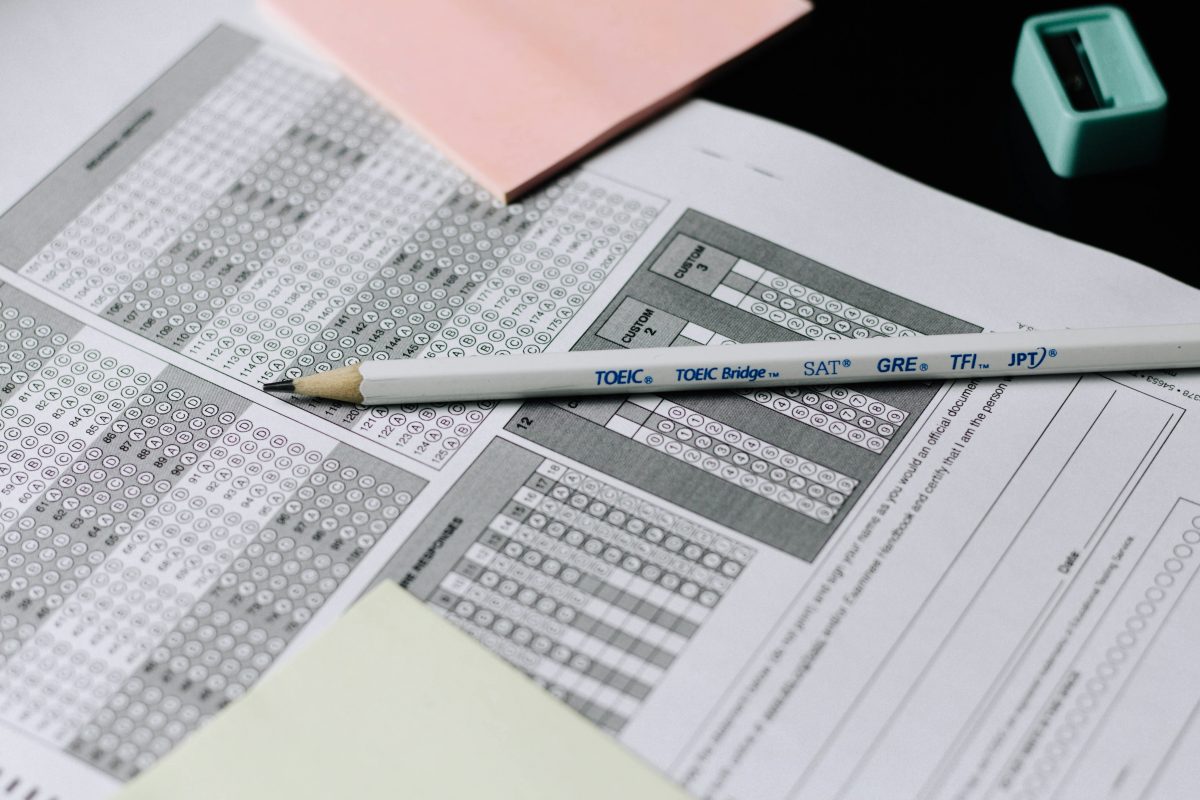Standardized testing has long been a contentious issue in education, with arguments both for and against its necessity. However, there are compelling reasons why standardized testing should not be deemed necessary.
Firstly, standardized tests often fail to accurately measure a student’s true abilities and potential. These tests primarily assess memorization skills and test-taking strategies rather than critical thinking, creativity, and problem-solving abilities, which are essential for success in the real world. As a result, they can disadvantage students who excel in areas not covered by standardized tests, such as the arts or vocational skills.
Secondly, the pressure to perform well on standardized tests can lead to a narrow and stressful educational experience. Teachers may feel compelled to “teach to the test,” focusing on rote memorization of facts rather than fostering a deep understanding of concepts. This approach stifles creativity and curiosity, turning education into a mere exercise in regurgitating information rather than a journey of discovery and growth.
Furthermore, standardized testing perpetuates inequality in education. Research has shown that students from disadvantaged backgrounds tend to perform worse on standardized tests, often due to factors such as limited access to resources, lack of preparation, and test bias. As a result, relying heavily on standardized tests for assessment can exacerbate existing disparities in educational outcomes and opportunities.
Moreover, the emphasis on standardized testing creates a culture of competition rather than collaboration in schools. Instead of fostering a supportive learning environment where students are encouraged to help each other succeed, standardized testing can breed a sense of individualism and rivalry, where students are pitted against one another in a race for high scores.
In conclusion, standardized testing should not be deemed necessary because it fails to accurately measure student abilities, leads to a narrow and stressful educational experience, perpetuates inequality, and fosters a culture of competition. Instead, alternative forms of assessment that prioritize holistic development, critical thinking, and equitable opportunities should be explored and implemented in education systems worldwide.






